UIndy Announces 2025 Teacher of the Year Recipient and Nominees
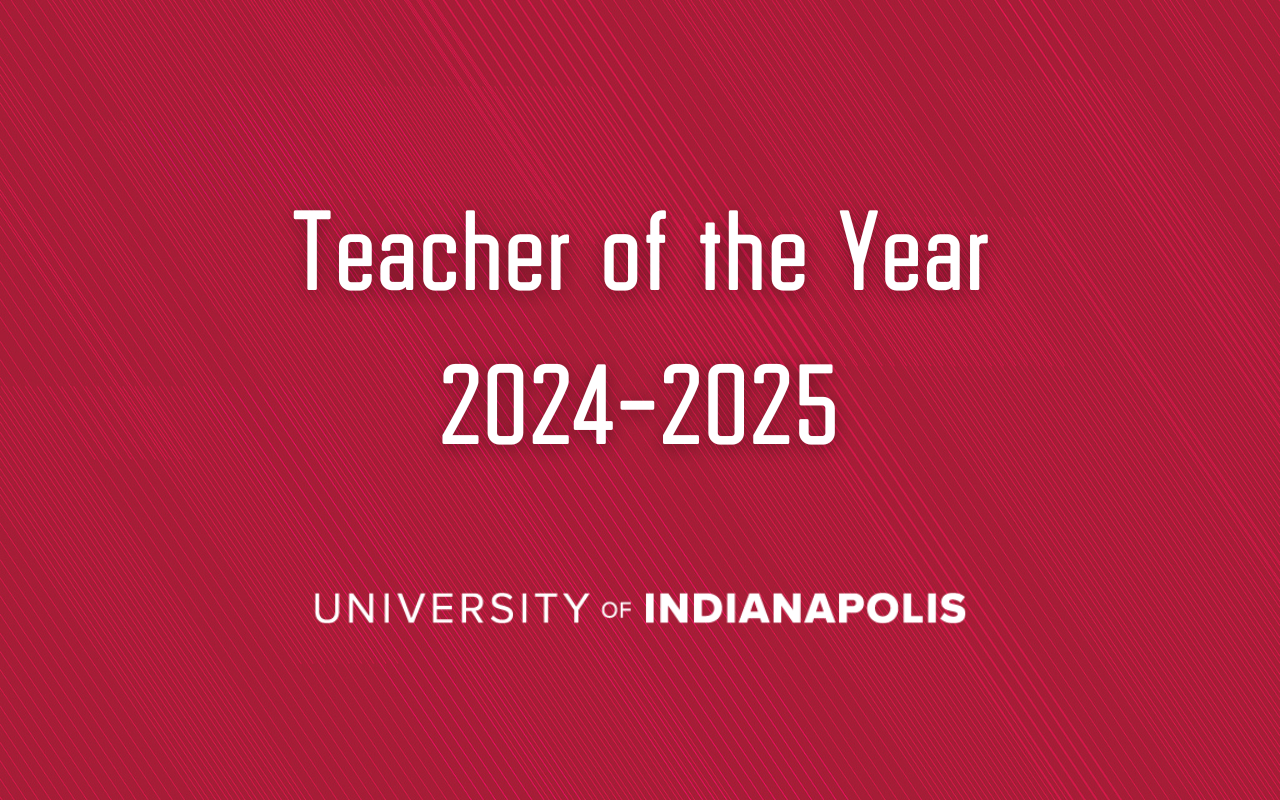
The University of Indianapolis is pleased to announce this year’s Teacher of the Year recipient as Dr. Tracy Johnson, assistant professor in the School of Education within the College of Education and Behavioral Sciences.
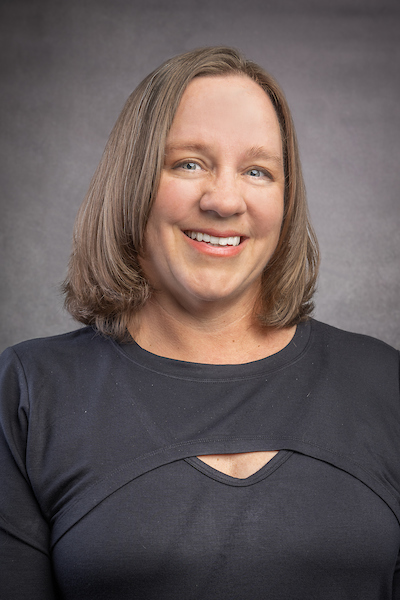
In her teaching philosophy, Dr. Johnson wrote, “Teaching is a complex act, one that requires many different types of expertise. An effective teacher employs their expertise in pedagogy, interpersonal skills, and content, always with the student at the center.” She adds that, in her opinion, “effective teaching is truly about effective learning. When a teacher flexibly designs instruction based on what they know of their students, students are empowered and life-changing learning can take place. This is why I teach: to change the lives of my students and of their future students.”
Her classroom approach and her teaching philosophy are textbook examples of excellent pedagogy. Her students are engaged and active for the entire class, whether tutoring elementary children or participating in their own learning. She employs multiple learning activities to appeal to different types of learners, and she does this all with a warm, enthusiastic demeanor that allows her students to experiment, make mistakes, ask questions, and continually improve their own skills.
Observing Dr. Johnson’s class is to observe a masterclass in teaching. She closely observed her students tutoring elementary school children in reading, then held a debriefing session that both reviewed what went well and taught new concepts and processes. She possesses a huge repertoire of teaching tactics, or “tricks of the trade,” and shares all of them and models them with her students. The concepts from her teaching philosophy are evident and spring to life, such as being intentional, setting measurable objectives, providing clear expectations, modeling best practices, and creating a supportive and welcoming learning environment.
Her current and former students have remarked how they use these skills and lessons in their own classrooms. One of her students beamed with pride sharing their sense of accomplishment when a particular concept clicked with one of the elementary students they were working with. “That’s why we teach,” said Johnson.
Dr. Johnson is an exemplar of classroom excellence, inspiring and guiding the next generation of teachers.
There were many deserving nominees for Teacher of the Year this year. You can see those additional nominees below and help us recognize their positive contributions to the University and its students:
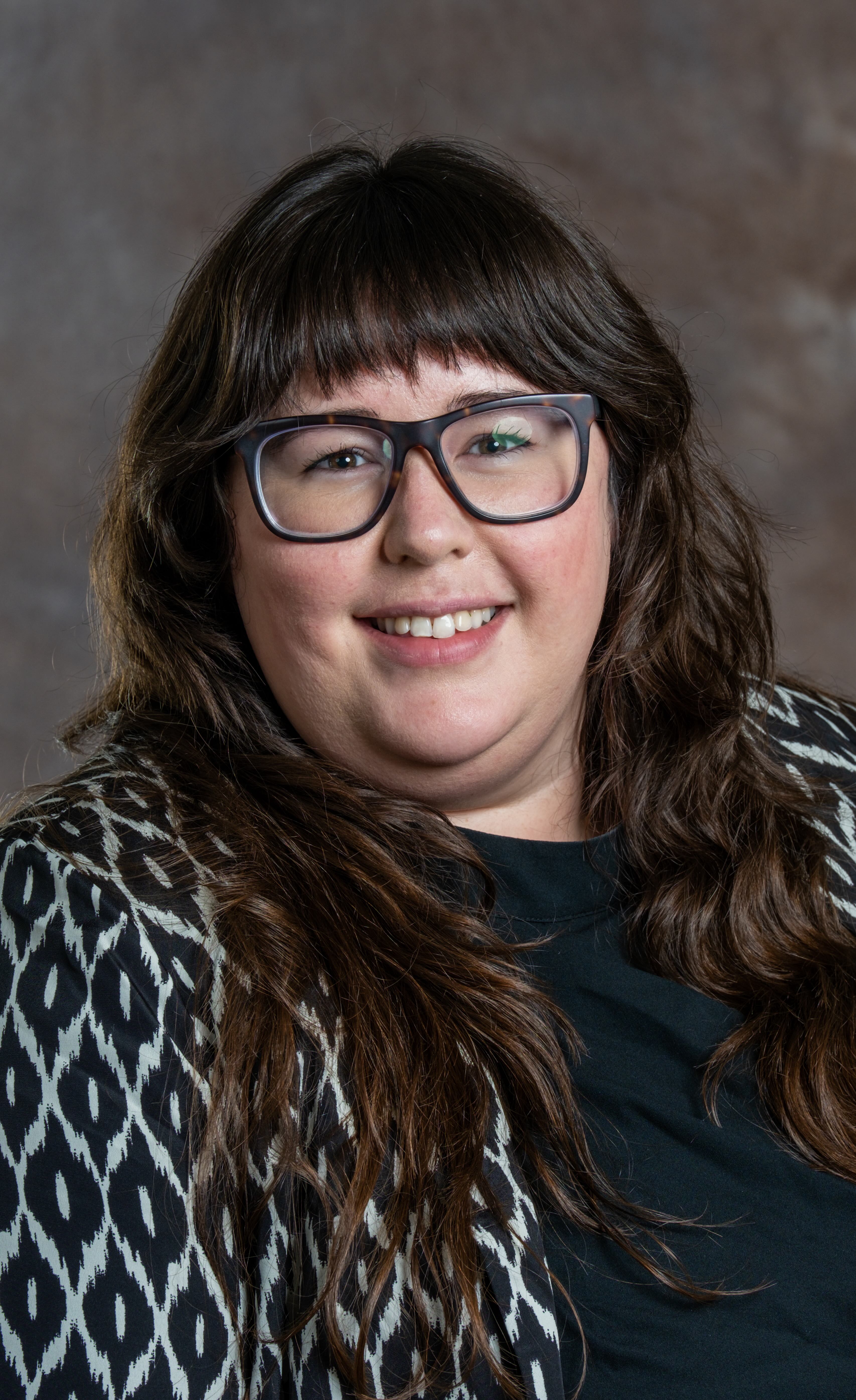
Dr. Lacey Davidson, assistant professor in the Department of Philosophy & Religion, engages the world through a philosophical lens and wants to convey that view to her students. She wants to improve the philosophical skills of her students, helping them to apply philosophy to their everyday lives and decision making, their relationships, and their studies in other fields. Her style is very well suited for foundation undergraduate students. She is personable and very knowledgeable about the topic she teaches. One current student wrote in support of her nomination that her “expertise and guidance have transformed me as a student and person.” Dr. Davidson enhances critical and ethical thinking through dynamic classroom discussions. Her classroom demeanor is approachable, and she makes every effort to engage every person in the class. Her assignments are scaffolded and lead the student through to their final project in a step-by-step manner. Her passion for helping her students is apparent as she lays a foundation for current and future philosophers.
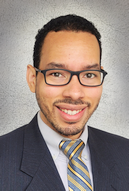
Dr. Joan Martinez, assistant professor in the R.B. Annis School of Engineering, is a passionate and dedicated educator who brings enthusiasm and expertise to his teaching, creating a dynamic learning environment where students engage in hands-on experiences and develop critical thinking skills. He empowers students to apply engineering fundamentals in meaningful ways, helping them see the big picture while breaking goals into achievable steps. With a welcoming and supportive approach, he builds strong connections with his students, ensuring they feel comfortable seeking guidance. A former student wrote that “his heart lay in inspiring his students and the future engineers of the world…His ability to adapt, inspire, and support is unmatched, and I am deeply grateful for the guidance and encouragement he provided.” Through empathy and encouragement, Dr. Martinez reminds his students that they are never alone in their academic journey, embodying the teaching spirit that all faculty should strive to achieve.

Rebecca McKanna, associate professor in the Department of English, believes that writing is not an innate talent but a skill that can be developed with practice. She fosters an inclusive and encouraging environment where all students, regardless of their background or prior experience, feel empowered to grow as writers. By emphasizing writing as a process rather than a fixed ability, she prioritizes effort, revision, and progress over perfection. Her empathy and adaptability allow her to meet students where they are, recognizing different learning styles and inspiring confidence in those who may have doubted their abilities. Students describe her as kind, approachable, and deeply invested in their success, with a passion for writing that is both contagious and transformative. Through her thoughtful feedback and innovative teaching methods, McKanna not only teaches writing but also nurtures lifelong readers, thinkers, and creators.
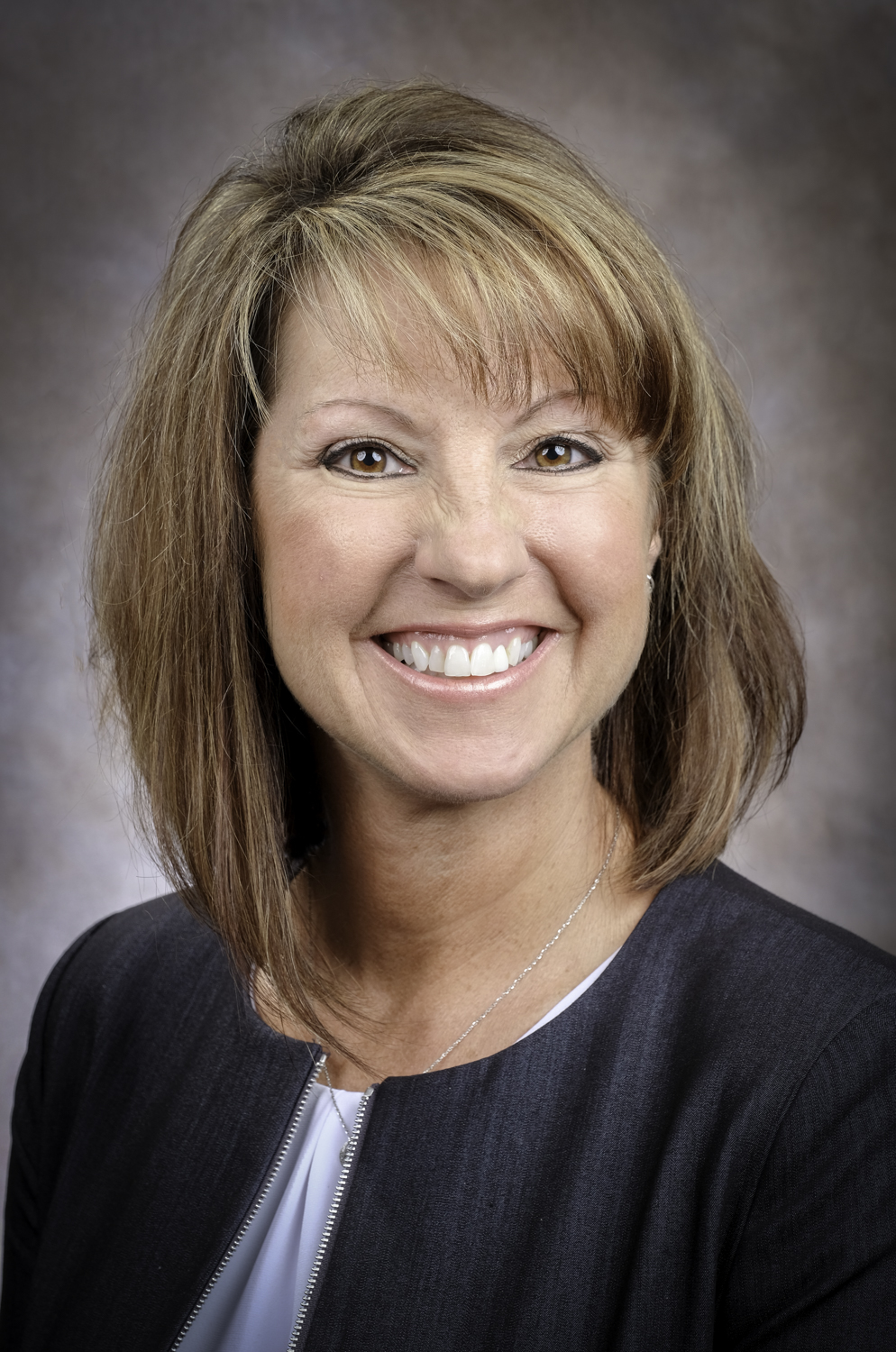
Dr. Cathy Miller, associate professor in the School of Nursing, is a true inspiration to her students. Her exceptional knowledge and unwavering support accompany her passion and dedication to the field of nursing education. The impact of Dr. Miller’s teaching philosophy and strategies can be clearly seen through student experiences. She connects every aspect of the material to the students’ future roles as nurses. Dr. Miller is passionate about empowering nursing students to be the best future nurses they can be. She utilizes simulations to help students develop skills they will need after graduation and balances high standards with compassion in her mentorship. Dr. Miller challenges students to think critically and believe in their ability to make a difference. As she reminds her students, “Never underestimate what nurses can do to create change.”
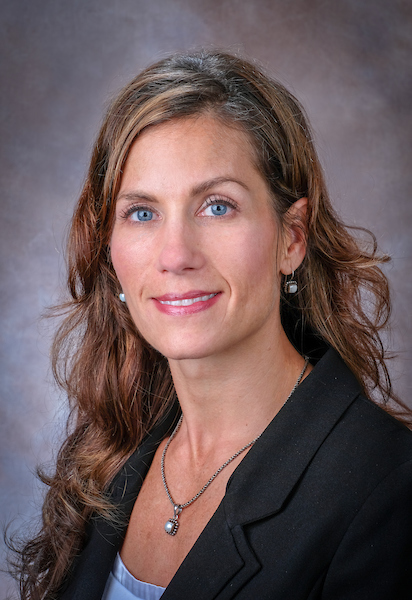
Dr. Toni Morris, associate professor in the School of Nursing, is a strong proponent of the scholarship of teaching and learning. Her engagement in the classroom is a holistic, reflective process. Each semester she seeks opportunities to improve her scholarship of teaching and learning through feedback from students, peers, and community partners. By soliciting feedback regarding course strengths and opportunities for improvement, she is able to utilize the data as a compass for constant revision. She wants the best learning outcomes for her students while maintaining the high quality and rigor expected of the nursing program. To do so, Dr. Morris utilizes innovative teaching strategies to reach a variety of learners while keeping the student in the center of focus. As one current student shared, “If it were not for her guidance, motivation, and persistence, I would not have known that I was capable of.”

Dr. Erin Peterson, assistant professor in the School of Occupational Therapy, values vulnerability in teaching, openly sharing her own mistakes to encourage student growth and learning. She is passionate about helping students avoid the mistakes she made and sharing the insights she gained from her clinical experiences. She is intentional about creating a safe yet challenging learning environment where students can grow by working through difficulties. Her goal is for students to leave her course feeling not only professionally and personally better but also confident in their ability to build on that growth in the future, all while balancing support with independence. One of her former students wrote that “her encouragement, empathy, and genuine care for my success as a student was foundational in my growth during the program…This unwavering commitment to her students makes her not just an educator but also a valued mentor and role model.” The thoughtful and humble approach Dr. Peterson brings to her teaching fosters an atmosphere of continuous learning, adaptation, and meaningful success.
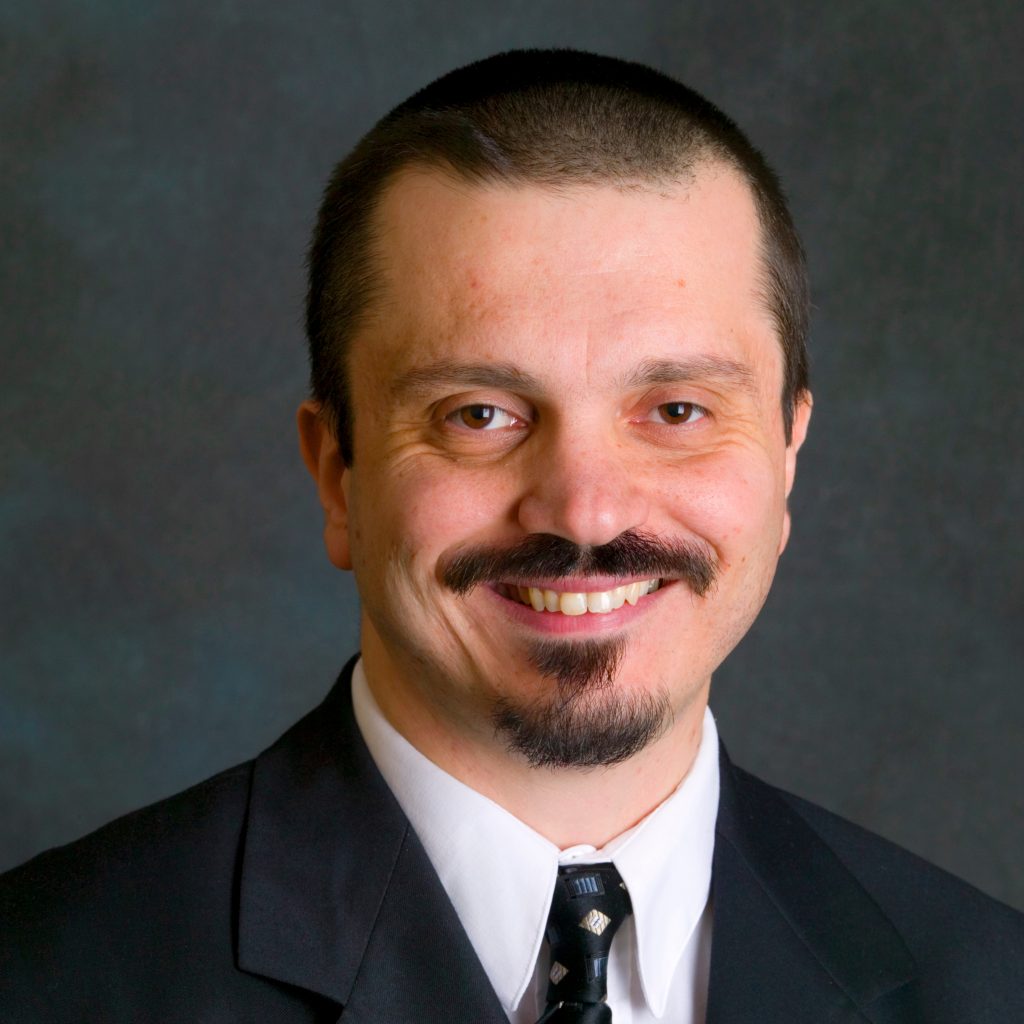
Dr. Michael Poulakis, assistant professor in the School of Psychology, engages with students in a dynamic and passionate way, showcasing his dedication to being an expert resource. He effectively connects classroom learning to real-world issues, helping students bridge the gap between theory and practice. Dr. Poulakis’s passion for psychology and student learning is evident in his use of humor, visual aids to complement his lectures, and carefully chosen resources that enhance student engagement.His teaching philosophy captures that he is authentically himself in the classroom – standing alongside students in their college careers, to hear their concerns individually and provide mentorship to achieve their dreams. A former student wrote, “Life-changing. Even those words do not fully capture [what impact] Dr. Michael Poulakis, better known as ‘Dr. P,’ has had on my life.”
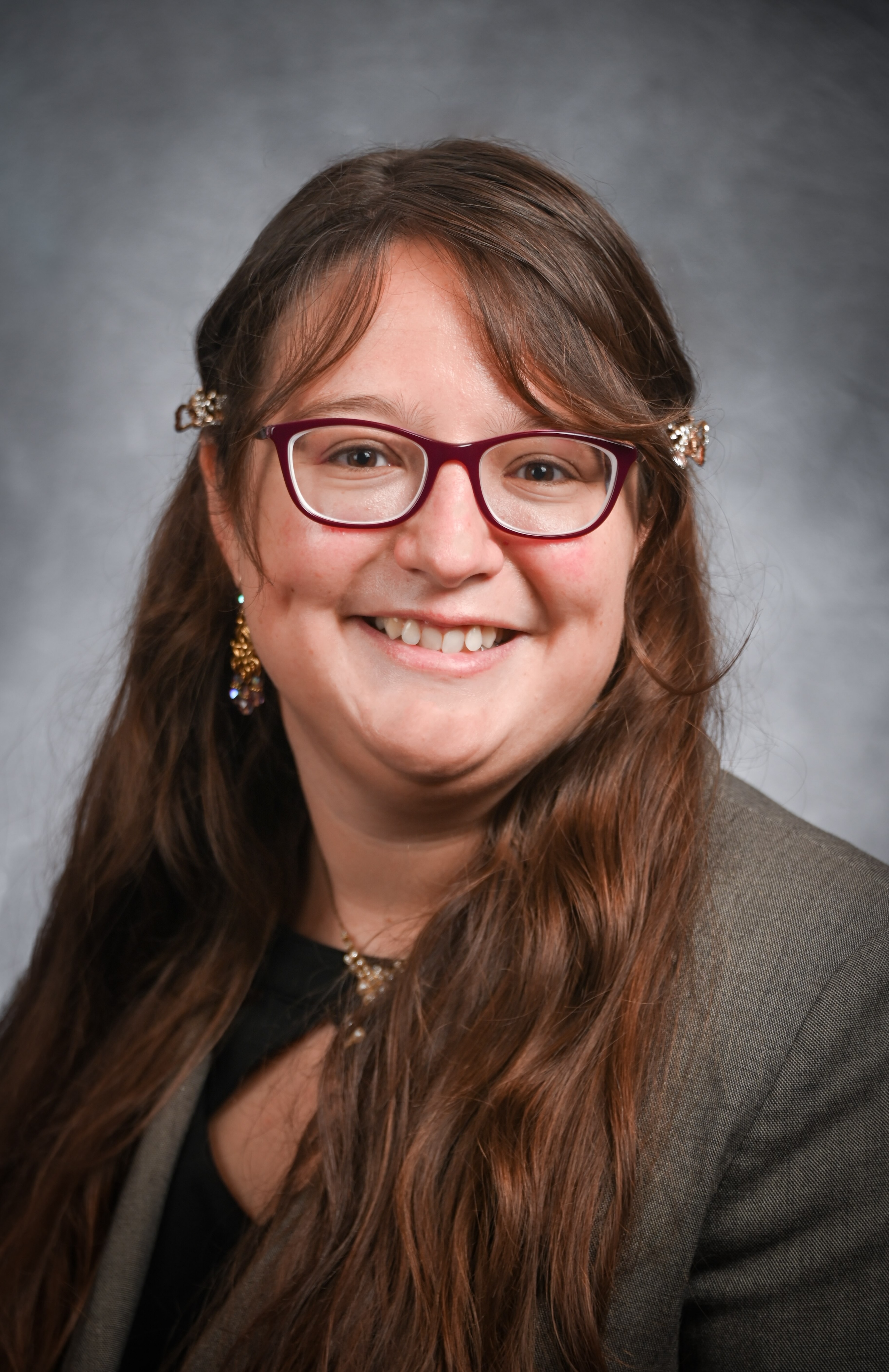
Dr. Abigail Richard, assistant professor in the School of Business, goes above and beyond in her dedication and devotion to her students by creating a supportive and structured learning environment. In the classroom, Dr. Richard actively interacts with students and guides them through practical applications. She regularly checks for understanding by asking students if they grasp each concept before moving on. Her commitment to student success is evident in her personalized approach to teaching. She engages each student individually, ensuring they understand the material by providing clear explanations, practical examples, and one-on-one guidance. This one-on-one support, coming at a significant time commitment, ensures she is able to assess individual learning needs and differences. One of her former students remarked that “her patience, approachability, and dedication were unmatched.”
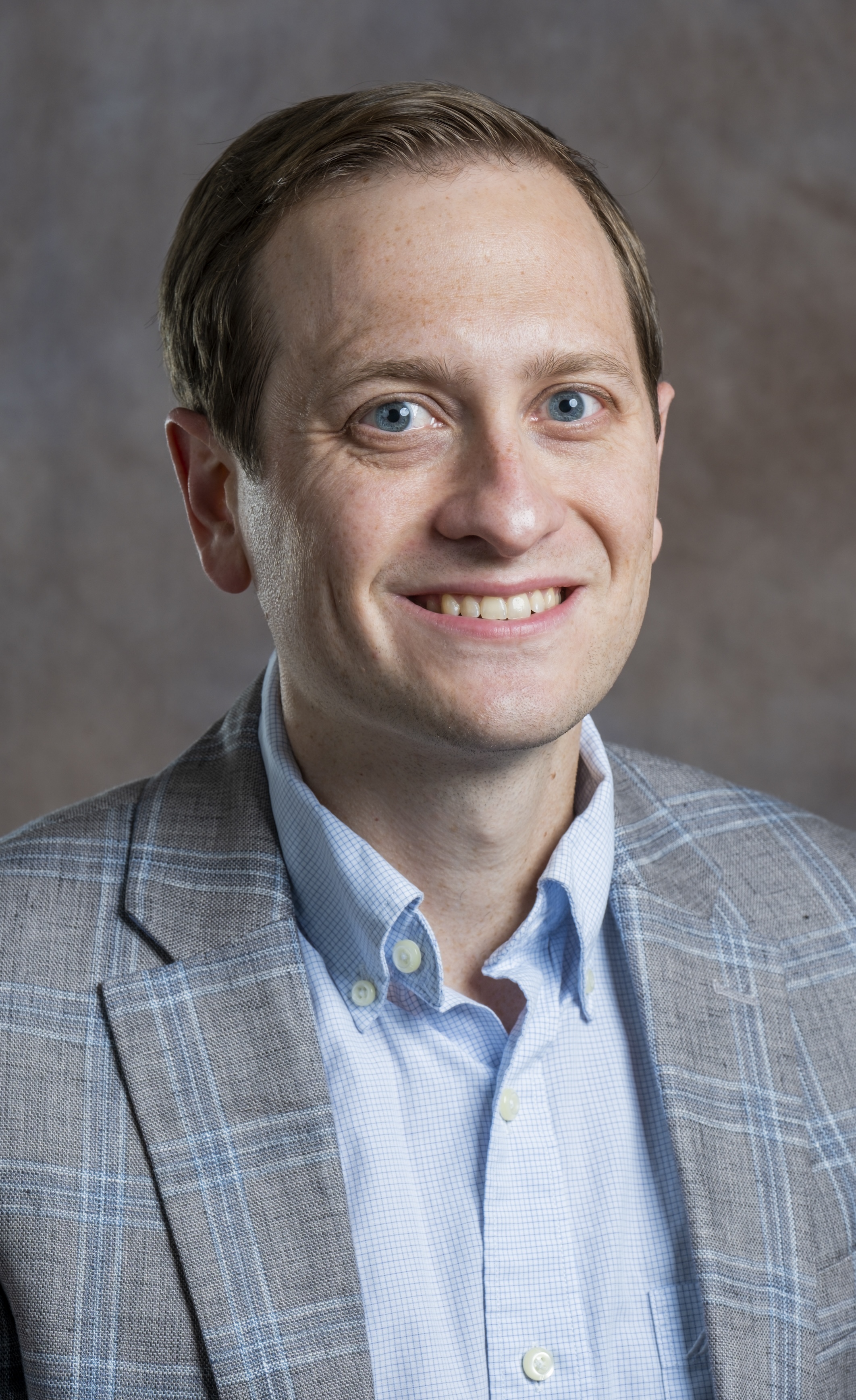
Dr. Nick Soltis, assistant professor in the Department of Physics & Earth-Space Science, masterfully makes complex classification schemes accessible by connecting them to students’ experiences, even incorporating popular references like Minecraft. He fosters a dynamic and engaging classroom environment by moving throughout the room, asking insightful questions, and checking for understanding in real time. Utilizing a variety of teaching methods—including lectures, group work, in-class projects, and digital resources—he ensures that learning is both interactive and meaningful. Beyond academics, Dr. Soltis takes a genuine interest in his students’ personal growth, offering mentorship and flexibility in assessments to reduce stress and create a supportive, confidence-building learning experience.
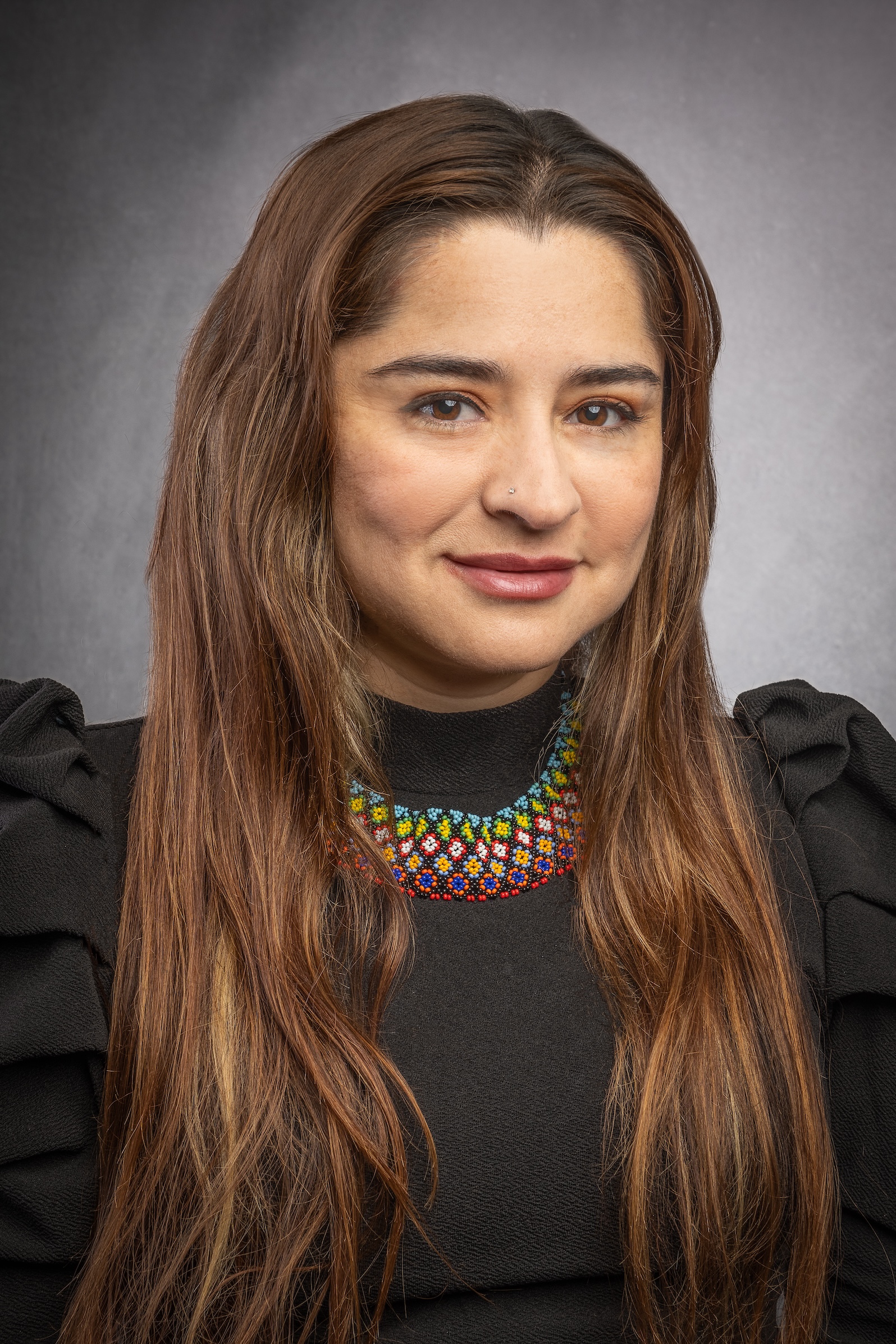
Dr. Sandra Milena Úsuga Giraldo, assistant professor in the Department of Global Languages & Cross-Cultural Studies, believes in the power of education to change mentalities and to forge new generational perspectives to improve this world. As a first-generation student herself, she shares that she has “experienced the empowering effect of gaining access to knowledge and education.” In her teaching philosophy, she shares that education can help end cycles of poverty and injustice. To do this, she anchors her teaching philosophy upon creating connections between the classroom and the wider community. Her passion for teaching and her students is infectious. One of her current students shared that “the excitement she brought every day immersed me and my classmates into a rich new culture. Professor Úsuga has inspired me and many others by embodying the values of diversity and education here at UIndy.”
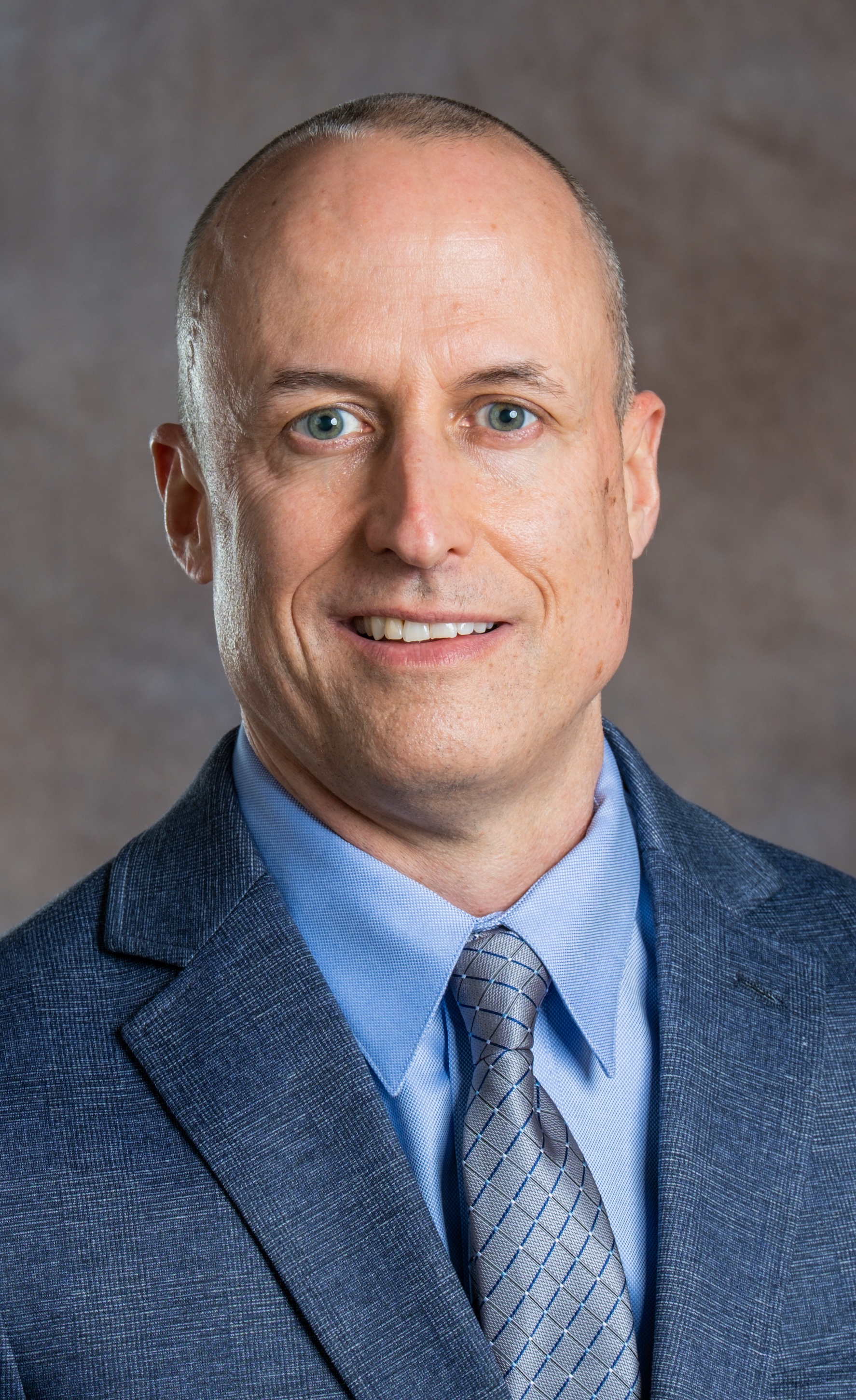
Dr. Douglas Walker, assistant professor in the Krannert School of Physical Therapy, is deeply committed to creating a meaningful learning experience for his students by being intentional in how he organizes, communicates, and assesses his courses. He uses inspirational quotes and humor to make students feel comfortable and connect with the day’s topics while modeling professional skills and a passion for lifelong learning. One student remarked that his “style is positive, patient, and encouraging, with some humor thrown in to keep us laughing and more engaged.” Dr. Walker strives to be a role model and mentor, ensuring his students know he cares about them both as individuals and learners. He fosters an environment where students feel supported, encouraged, and empowered to learn from mistakes, challenge their thinking, and reflect on their growth, both academically and personally.
